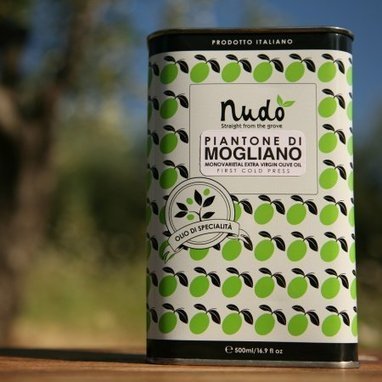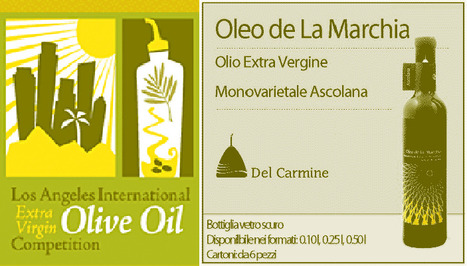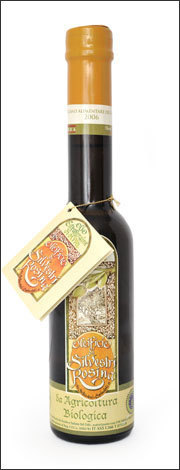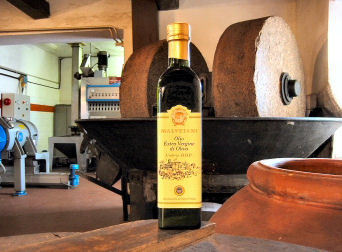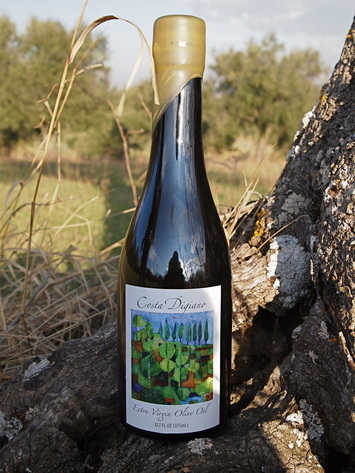Olive trees have been growing around the medieval hill top village of Mogliano, in Le Marche for about 2,400 years – long before there was even a town there. The most prized trees in this small area are those of a cultivar called ‘Piantone di Mogliano. It’s a variety so prized that it has its own fan club ‘Associazone Il Piantone di Mogliano’ and is celebrated annually with its own festival ‘Sagra della bruschetta all’olio di Piantone di Mogliano’ (Feast of bruschetta with Piantone di Mogliano olive oil).
It is held in such high regard because on the one hand it is full of complex flavours, whilst at the same time it is wonderfully delicate.
Serve your fish with a simple herby sauce. Here are our favourites:
- Salsa verde (olive oil, parsley, capers and garlic).
- Chimmichurri (an Argentinian salsa verde with chillies & cumin).
- Salmoriglio (lemon juice, olive oil, garlic, oregano and parsley).
Via Mariano Pallottini



 Your new post is loading...
Your new post is loading...

